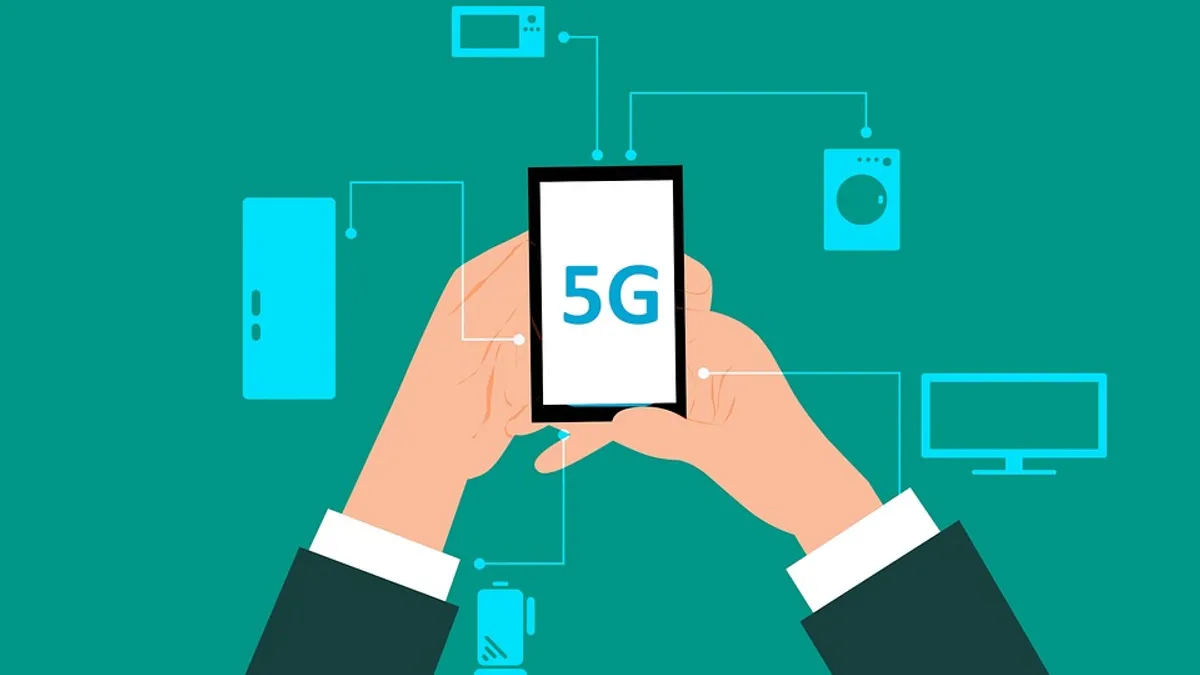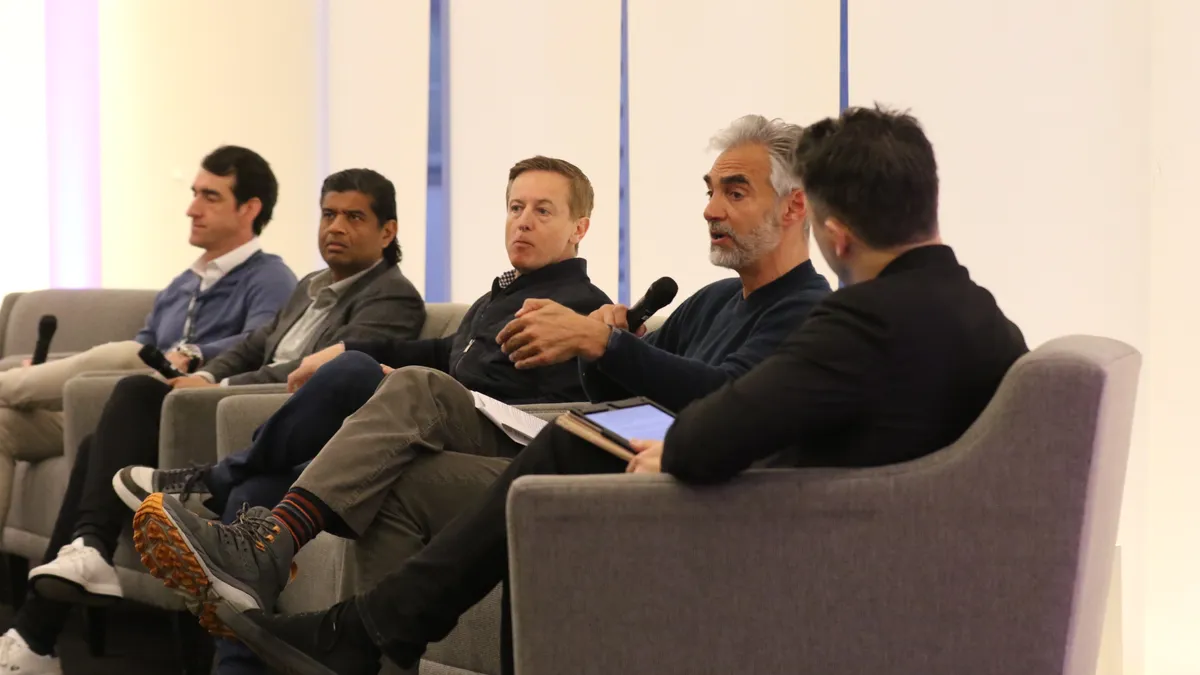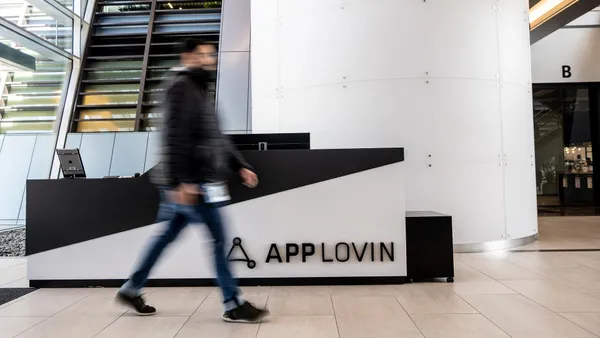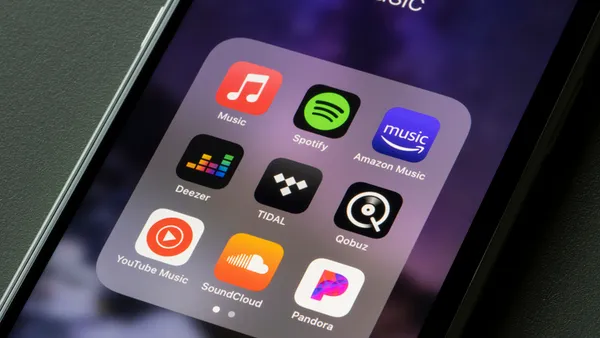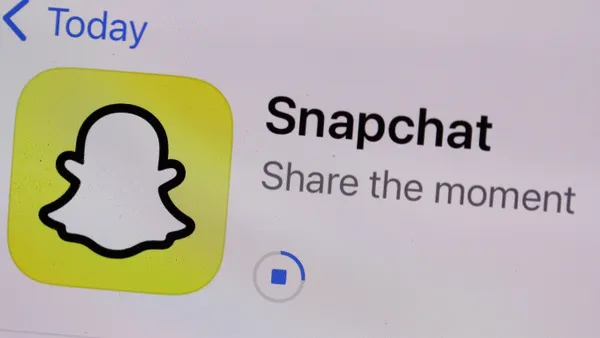Brief:
- Cisco, Ericsson, Infosys, Intel, Magic Leap, Microsoft, Nokia, Samsung and WarnerMedia are among the companies participating in AT&T's incubator for 5G, the high-speed mobile service that's gradually rolling out in the United States, per an announcement. The AT&T 5G Innovation Program looks to bring app developers, content creators, device makers and network vendors together.
- WarnerMedia, the entertainment company owned by AT&T, is participating in the carrier's Content Innovation Lab to develop immersive consumer content experiences, such as augmented reality (AR), virtual reality (VR), mixed reality and gaming. AT&T this year plans to launch a 5G Innovation Zone at the Magic Leap campus to let developers and creators test devices and applications for the maker of AR headsets on a 5G network.
- Samsung Electronics America and Samsung Austin Semiconductor are working with AT&T on a 5G "innovation zone" aimed at manufacturing industries and factories. AT&T invested more than $130 billion in the U.S., including capital investments and acquisitions of spectrum and wireless operations, from 2014 to 2018.
Insight:
5G technology is forecast to revolutionize the wireless industry, and AT&T wants to boost its adoption by cultivating more investment in content, apps and other uses for high-speed cellular connections. 5G could lead to growth in 4K video, more Internet of Things (IoT) appliances and gadgets, autonomous cars, drone fleets, advanced VR/AR tech and mobile gaming that will drive a huge surge in data traffic. The first fruits of this new collaboration appears to be a mixed reality "Batman" experience that's being demonstrated at the MWC19 Barcelona conference.
AT&T last year announced that it would begin testing 5G service in Atlanta, Dallas, Indianapolis, Oklahoma City, Charlotte and Raleigh, North Carolina, and Waco, Texas. Competitors and tech columnists have chided AT&T for labeling its 4G service as "5G Evolution." The company has said that it's a steppingstone toward 5G service, but real 5G tech requires specially equipped mobile devices. Verizon, Sprint and T-Mobile criticized AT&T, claiming that the company is misleading customers by selling some smartphones that use 5G Evolution and show a "5GE" logo instead of "LTE" on the screen, even though the devices can't connect to a 5G network. Sprint this month sued AT&T, claiming that "5G Evolution" damaged Sprint's brand of legitimate 5G service, Engadget reported.
AT&T was among the wireless carriers that touted 5G technology at last month's Consumer Electronics Show in Las Vegas. At that time, AT&T said it had expanded its agreement with Magic Leap to focus on business applications, including the retail, healthcare and manufacturing industries. Retail applications include letting customers virtually "try on" clothes or see furniture arranged in a home before making a purchase, features that a range of brand marketers experimented with in 2018.
5G is poised to have a huge impact on AT&T's mobile network. Its data traffic has grown more than 470,000% since 2007, with video making up half of mobile data. Video may expand its share of data traffic to more than 75% by 2022, according to the company's estimates.


